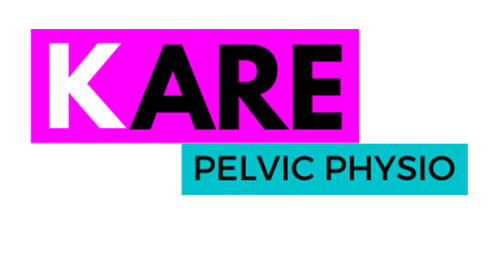Research shows that as many as 75% of women perform a kegel (pelvic floor contraction) incorrectly. There is a lot of misinformation on the internet and from other sources about the mechanics of the pelvic floor and core muscles. With pelvic floor physiotherapy the goal is to optimize the pelvic floor muscles' strength, coordination, endurance, timing and flexibility.
These muscles are easily damaged during pregnancy, birth and are affected by hormone changes throughout our lifespan. Your first physio assessment may include an intervaginal or interanal exam to assess your pelvic floor muscle function. Because these muscles are deep inside the pelvis, doing an internal exam is the most effective way to assess them. Here is a list of some of the common conditions we treat for women:
- Bladder problems (incontinence, urgency, frequency)
- Bowel problems (incontinence of fecal matter or flatulence, constipation)
- Vaginal flatulence
- Pelvic organ prolapse
- Pelvic pain (tailbone, vaginal, anal, genital)
- Pain during/after pregnancy
- Education, preparation for childbirth (how to prepare, protect pelvic floor during birth)
- Safe/appropriate core strengthening and return to sport (prenatal, postpartum, post-op)
- Diastasis Recti (abdominal separation)
- Pre and Post op care (c-section, hysterectomy, cancer surgery, gender affirming surgery)
- Pubic symphysis dysfunction (pubic pain/instability)
- Sacroiliac pain
- Interstitial Cystitis/Painful Bladder Syndrome
- Pudendal Neuralgia
- Vulvodynia
- Vestibulitis
- Endometriosis
- Dysmenorrhea (painful periods)
- Perimenopause and Menopausal conditions
- Lichens Sclerosus


